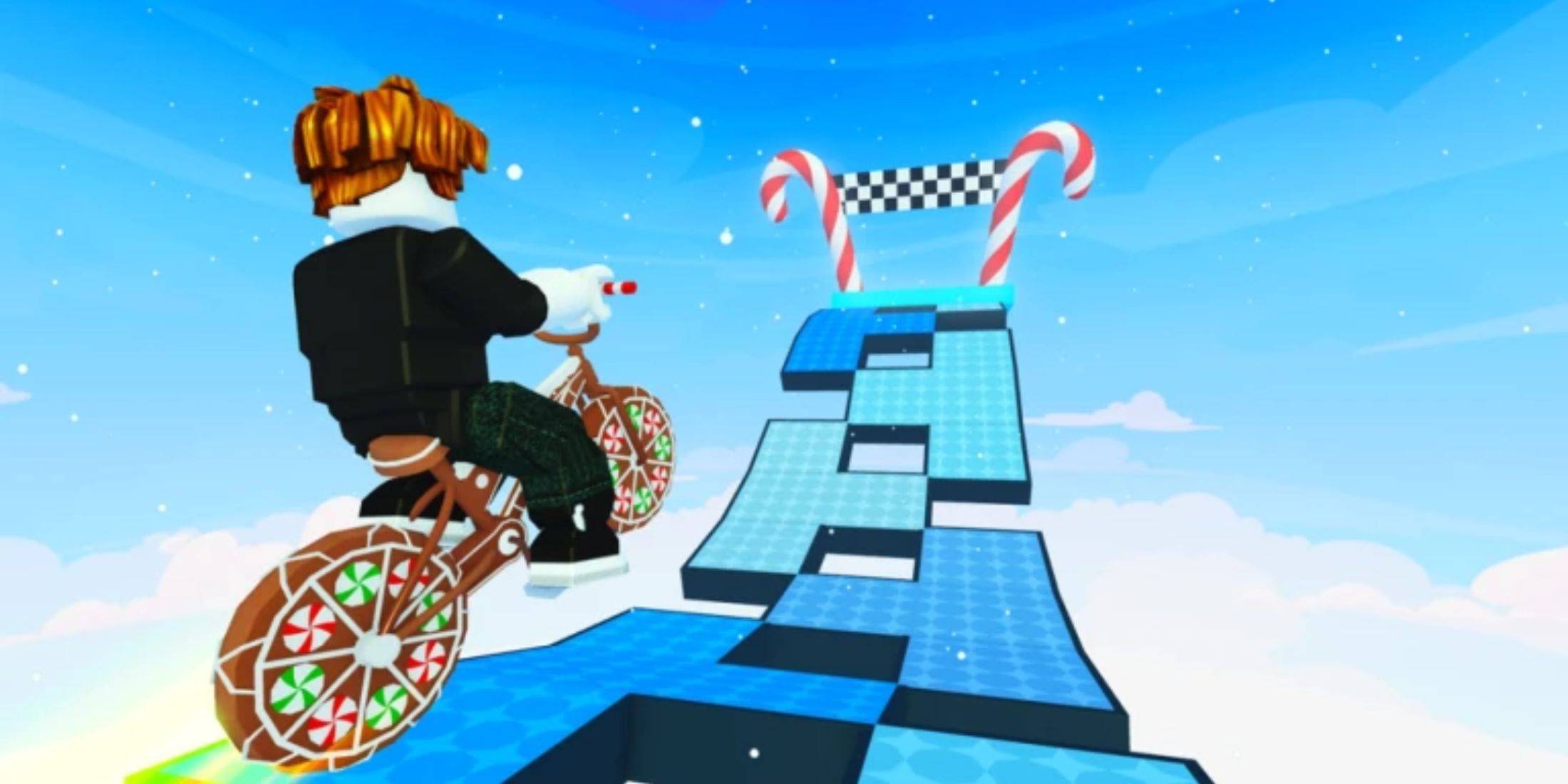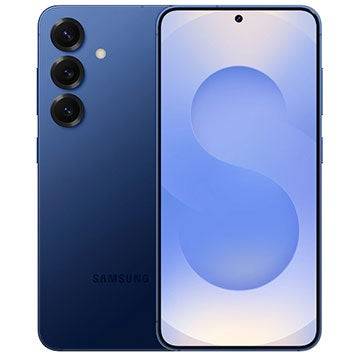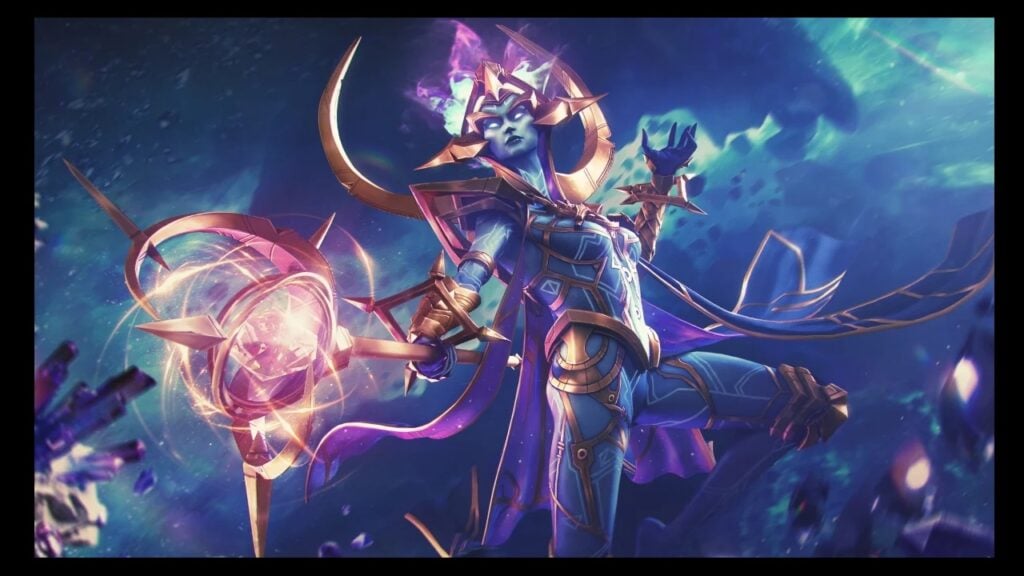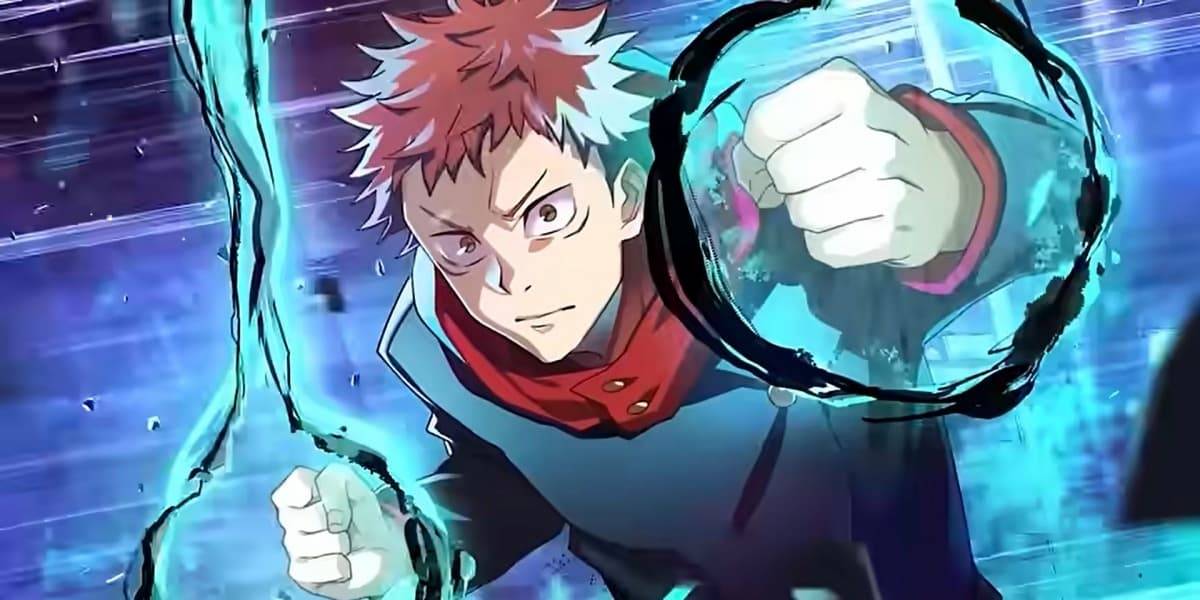Nintendo Lawyer Reveals Strategy on Piracy and Emulation
Nintendo's aggressive stance against emulation and piracy continues to make headlines, as evidenced by several high-profile legal actions in recent years. In March 2024, the developers of the Nintendo Switch emulator Yuzu were hit with a $2.4 million fine following a court settlement with Nintendo. This was not an isolated incident; in October 2024, another Switch emulator, Ryujinx, ceased development after receiving "contact from Nintendo." Additionally, in 2023, the team behind Dolphin, an emulator for Gamecube and Wii, was advised against a full Steam release by Valve's lawyers, who had been approached by Nintendo's legal team with "strong legal wording."
One of the most notable cases involved Gary Bowser, a reseller of Team Xecuter products that enabled users to bypass the Nintendo Switch's anti-piracy measures. In 2023, Bowser was charged with fraud and ordered to pay Nintendo $14.5 million—a debt he will be repaying for the rest of his life.
At the Tokyo eSports Festa 2025, a panel discussion on intellectual property rights featured representatives from Capcom, Sega, and Nintendo. Koji Nishiura, a patent attorney and Assistant Manager of Nintendo's Intellectual Property Division, shed light on the company's approach to piracy and emulation. According to a translation by Automaton (via Denfaminicogamer and VGC), Nishiura stated, "To begin with, are emulators illegal or not? This is a point often debated. While you can’t immediately claim that an emulator is illegal in itself, it can become illegal depending on how it’s used."
Nishiura elaborated that emulators could infringe on copyrights if they copy programs from the games they run or disable a console's security mechanisms. This stance is influenced by Japan's Unfair Competition Prevention Act (UCPA), which, while only enforceable in Japan, complicates Nintendo's efforts to pursue legal action internationally.
A notable example discussed during the event was the Nintendo DS "R4" card, which allowed users to run backed-up or pirated games on a single cartridge. After a concerted effort by Nintendo and 50 other software manufacturers, the R4 was effectively outlawed in 2009 for violating the UCPA.
Nishiura also highlighted the issue of "reach apps," third-party tools that facilitate the download of pirated software within emulators or other software. Examples include the 3DS's "Freeshop" and the Switch's "Tinfoil," both of which could violate copyright laws.
In the lawsuit against Yuzu, Nintendo alleged that The Legend of Zelda: Tears of the Kingdom was pirated one million times. The company claimed that Yuzu's Patreon page enabled its developers to earn $30,000 per month by offering subscribers "daily updates," "early access," and "special unreleased features" to games like Tears of the Kingdom.
Nintendo's ongoing legal battles underscore its commitment to protecting its intellectual property and combating piracy and unauthorized emulation.
-
 Jan 27,25Roblox: Bike Obby Codes (January 2025) Bike Obby: Unlock Awesome Rewards with These Roblox Codes! Bike Obby, the Roblox cycling obstacle course, lets you earn in-game currency to upgrade your bike, buy boosters, and customize your ride. Mastering the various tracks requires a top-tier bike, and thankfully, these Bike Obby codes deliver
Jan 27,25Roblox: Bike Obby Codes (January 2025) Bike Obby: Unlock Awesome Rewards with These Roblox Codes! Bike Obby, the Roblox cycling obstacle course, lets you earn in-game currency to upgrade your bike, buy boosters, and customize your ride. Mastering the various tracks requires a top-tier bike, and thankfully, these Bike Obby codes deliver -
 Feb 20,25Where to Preorder the Samsung Galaxy S25 and S25 Ultra Smartphones Samsung's Galaxy S25 Series: A Deep Dive into the 2025 Lineup Samsung unveiled its highly anticipated Galaxy S25 series at this year's Unpacked event. The lineup features three models: the Galaxy S25, S25+, and S25 Ultra. Preorders are open now, with shipping commencing February 7th. Samsung's web
Feb 20,25Where to Preorder the Samsung Galaxy S25 and S25 Ultra Smartphones Samsung's Galaxy S25 Series: A Deep Dive into the 2025 Lineup Samsung unveiled its highly anticipated Galaxy S25 series at this year's Unpacked event. The lineup features three models: the Galaxy S25, S25+, and S25 Ultra. Preorders are open now, with shipping commencing February 7th. Samsung's web -
 Jul 02,22Isophyne Debuts as Original Character in Marvel Contest of Champions Kabam introduces a brand-new original character to Marvel Contest of Champions: Isophyne. This unique champion, a fresh creation from Kabam's developers, boasts a striking design reminiscent of the film Avatar, incorporating copper-toned metallic accents. Isophyne's Role in the Contest Isophyne ent
Jul 02,22Isophyne Debuts as Original Character in Marvel Contest of Champions Kabam introduces a brand-new original character to Marvel Contest of Champions: Isophyne. This unique champion, a fresh creation from Kabam's developers, boasts a striking design reminiscent of the film Avatar, incorporating copper-toned metallic accents. Isophyne's Role in the Contest Isophyne ent -
 Jan 11,25Jujutsu Kaisen Phantom Parade: Tier List Revealed This Jujutsu Kaisen Phantom Parade tier list helps free-to-play players prioritize character acquisition. Note that this ranking is subject to change with game updates. Tier List: Tier Characters S Satoru Gojo (The Strongest), Nobara Kugisaki (Girl of Steel), Yuta Okkotsu (Lend Me Your Stren
Jan 11,25Jujutsu Kaisen Phantom Parade: Tier List Revealed This Jujutsu Kaisen Phantom Parade tier list helps free-to-play players prioritize character acquisition. Note that this ranking is subject to change with game updates. Tier List: Tier Characters S Satoru Gojo (The Strongest), Nobara Kugisaki (Girl of Steel), Yuta Okkotsu (Lend Me Your Stren
